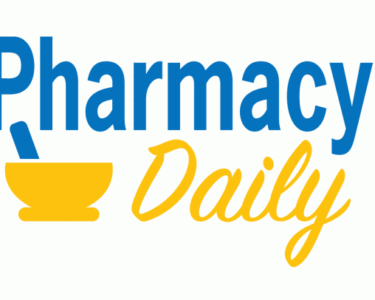IAN Tauman is Director and founder of Direct Chemist Outlet, and also runs the buying group, Power Buying Group (PBG).
In this Q&A, Tauman (pictured) addresses common questions about the differences between a pharmacy brand and a buying group, and which option may better suit your pharmacy.
PD: What is the difference between a pharmacy brand and a buying group?
IT: A pharmacy brand is really a complete business model, providing access to superior buying terms, as well as a full suite of planned catalogues, national marketing, store layout guidance, planograms, and operational support.
On the other hand, a buying group essentially leverages collective purchasing.
It’s great for pharmacies that want the savings, without adopting a unified brand identity or the full retail structure.
PD: Who typically benefits most from joining a pharmacy brand?
IT: Pharmacies with the size, location, and ambition to run a structured business model benefit most from being part of a pharmacy brand.
A brand works well when you can support the range and volumes needed to deliver consistent promotions and a strong retail offer.
With a pharmacy brand, you get end-to-end retail support – it’s like having a roadmap for running your pharmacy so you’re not reinventing the wheel every time.
That level of structure is something buying groups generally don’t provide.
The strength of a national brand brings visibility, credibility, and promotional power that can draw in customers who may not have previously shopped locally.
PD: And who are buying groups best suited to?
IT: Buying groups are perfect for pharmacies that want to remain independent and unique while still benefiting from strong buying terms.
They can also be a valuable solution for stores that may already be aligned with a pharmacy brand that is not delivering the best commercial terms for their business.
Smaller-format stores may not have the space to support catalogue lines or the stock depth required by a brand.
For those owners, a buying group lets them keep flexibility and tailor the business to their local community, while still getting competitive pricing.
PD: Which would be best for owners who value independence?
IT: There are many different models of pharmacies, and it’s about aligning your goals with the right platform.
If you want the benefits of a proven retail model with strong marketing support, a pharmacy brand can give you that structure.
But if your store requires more flexibility and the ability to tailor your business to local needs, a buying group may be the better choice.
PD: Finally, how should a pharmacy owner decide which option is right for them?
IT: Start by looking at your store’s footprint, your growth ambitions and your appetite for structure.
If you want to scale, build recognition, and maximise retail efficiency, a pharmacy brand may be a stronger choice.
It gives you the tools, marketing, and consistency to attract new customers and expand your reach.
If, however, your store is a smaller-format store or your focus is on maintaining a unique local identity, then a buying group might suit you better.
The important thing is that both models exist to support pharmacies – it’s just about finding the right fit.
The post Q&A with DCO founder, Ian Tauman appeared first on Pharmacy Daily.

